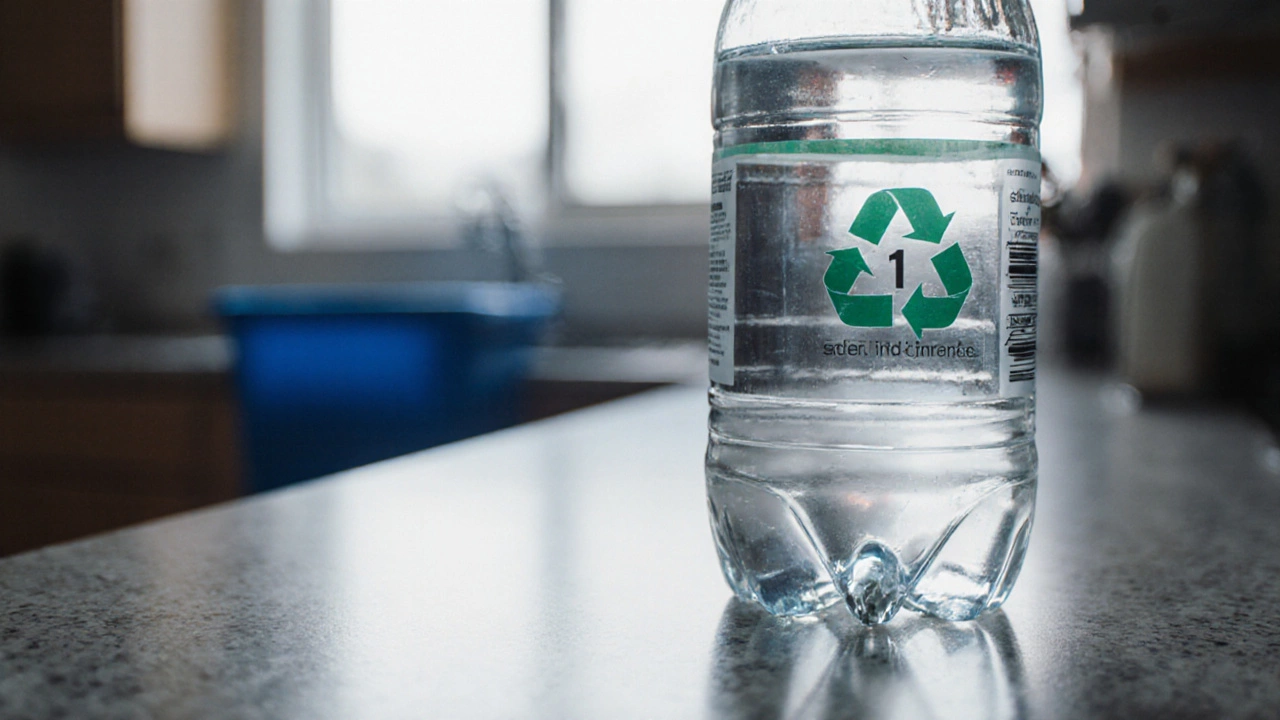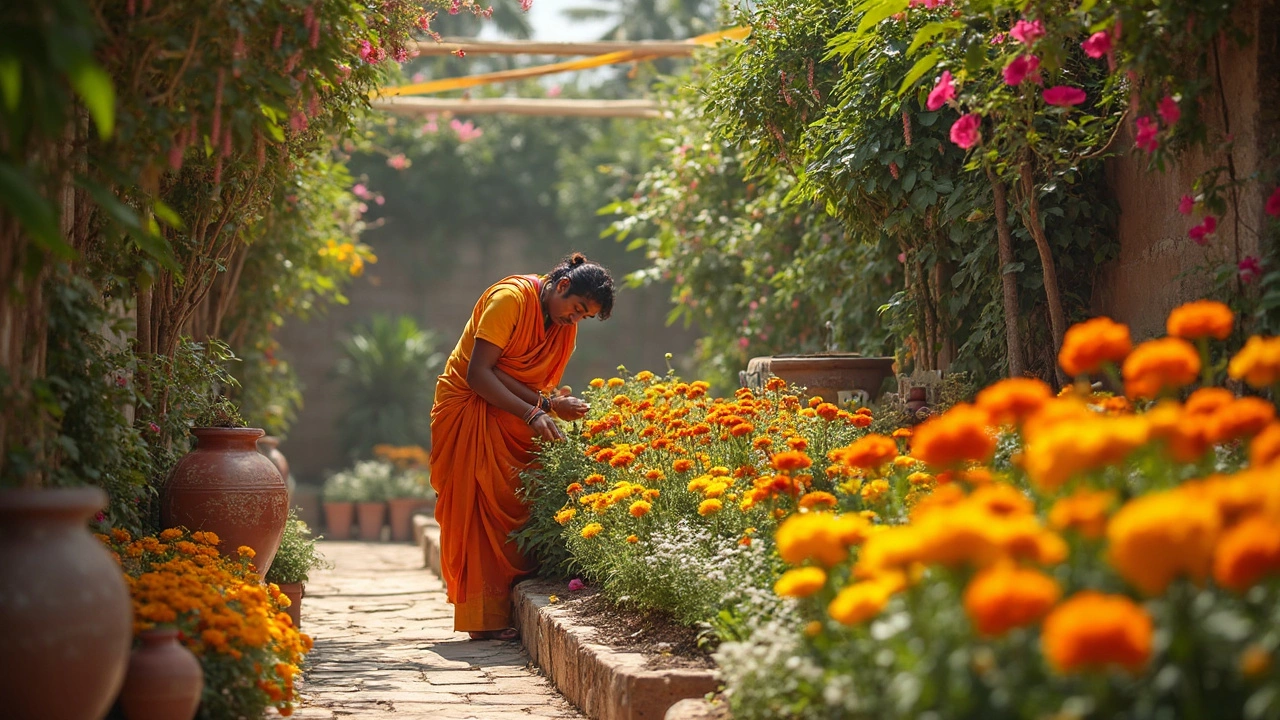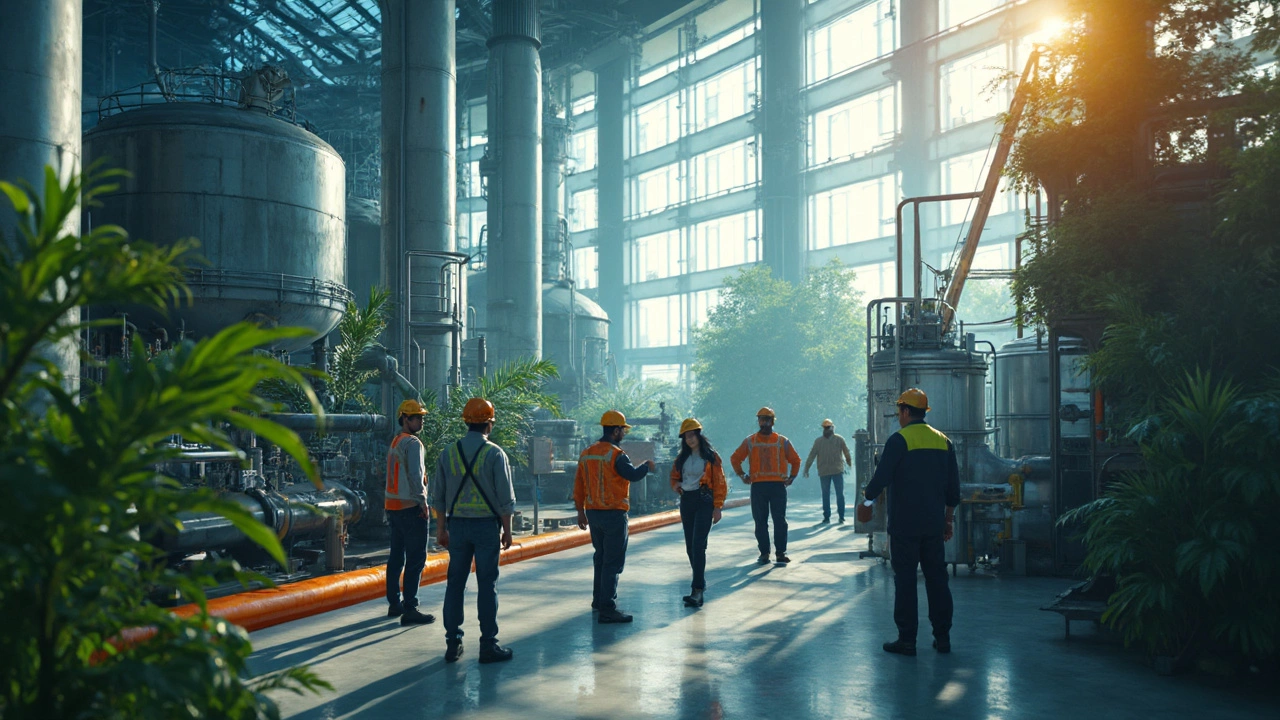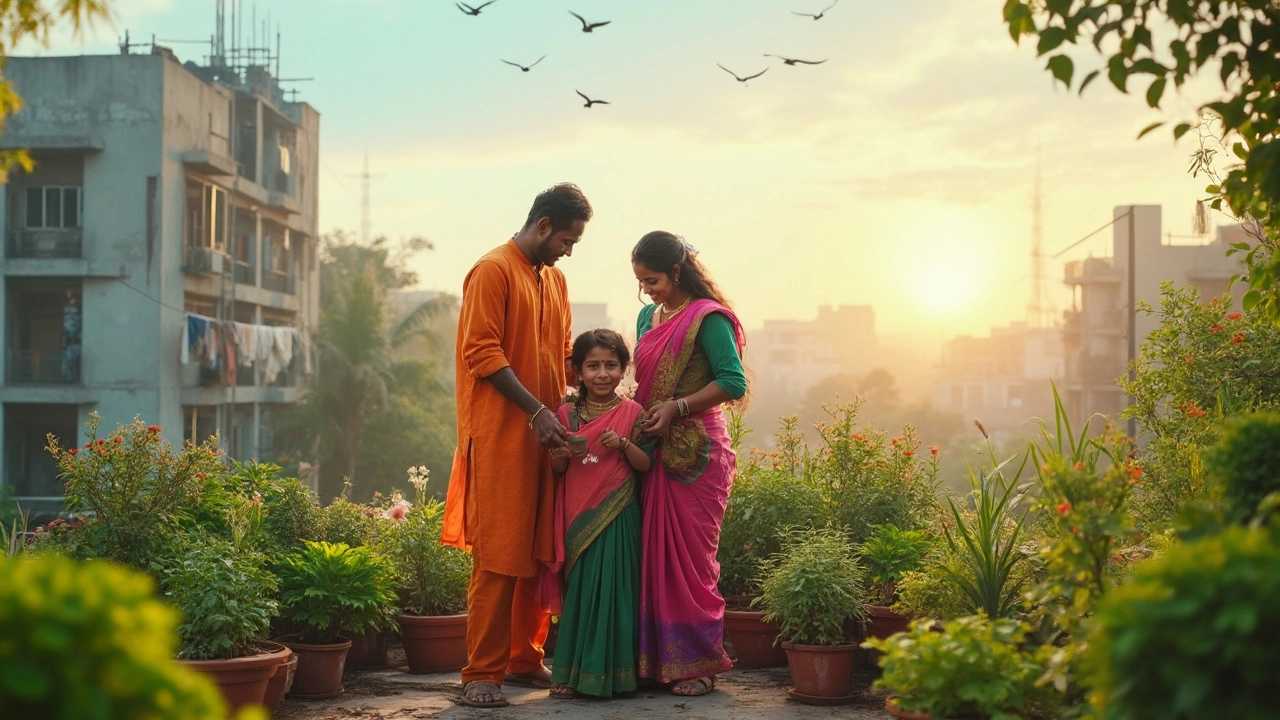Plastic Bottles: A Deep Dive into Recycling and Sustainable Use
When talking about plastic bottles, lightweight containers made mostly from polyethylene terephthalate (PET) that hold drinks, cleaning agents, and countless other liquids. Also known as PET bottles, they dominate modern plastic packaging, the system that protects, transports, and presents consumer goods. The rise of recycled PET (rPET), post‑consumer PET that’s reprocessed into new bottle grades or other products is reshaping that landscape. At the same time, sustainable manufacturing, production methods that cut waste, lower emissions, and use renewable energy is pushing brands to rethink bottle design, reuse programs, and end‑of‑life strategies. Together, these three entities create a loop: plastic bottles need recycling, recycled PET fuels new bottles, and sustainable manufacturing makes that loop greener.
Why Recycling Matters and What the Market Looks Like
India’s push for circular economy policies has turned rPET into a hot commodity. In 2025, demand for rPET outpaced virgin PET by 18%, driven by beverage makers seeking lower carbon footprints and tighter government standards on single‑use plastics. This shift means every kilogram of recycled material can replace up to three kilograms of virgin resin, cutting both resource extraction and greenhouse‑gas emissions. The market isn’t just about volume; quality matters too. Advanced sorting technologies now separate clear PET from colored or contaminated streams, resulting in higher‑grade rPET that meets food‑grade specifications. Brands that adopt these grades can label their bottles “100 % recycled content,” a claim that resonates with eco‑savvy shoppers and can command premium shelf space. Moreover, manufacturers are experimenting with hybrid designs—partial rPET walls, bio‑based caps, and lightweight walls—that reduce material use while keeping strength. All of this is anchored in sustainable manufacturing practices that prioritize energy‑efficient extrusion, lower melt temperatures, and closed‑loop water systems.
For consumers, the payoff is tangible. Refillable bottle programs, promoted by major soft‑drink corporations, cut the need for new PET each cycle. Municipal collection schemes, combined with private‑sector take‑back points, have pushed collection rates in several Indian cities above 60%, far higher than the national average of 40 %. That means more bottles enter the rPET stream, feeding the market loop described above. At the same time, designers are adding smart tags—QR codes that trace a bottle’s origin, recycling journey, and carbon savings—helping users see the impact of their choices. The combination of higher collection rates, better sorting, and greener manufacturing is narrowing the gap between the environmental cost of a new bottle and the benefit of a recycled one. As more businesses publish life‑cycle analyses, buyers can compare options and opt for products that truly lower their footprint.
Looking ahead, the intersection of plastic bottles, rPET, and sustainable manufacturing will drive several trends. Expect to see more bio‑PET blends, where plant‑based monomers reduce reliance on fossil feedstocks. Expect lightweighting to become standard, shaving off up to 25 % of material without compromising durability. And expect policy to keep tightening—extended producer responsibility (EPR) rules are being drafted to hold brands accountable for the full lifecycle of their containers. All of these forces create a dynamic ecosystem where each entity pushes the others forward. Below, you’ll find articles that break down the toughest challenges of growing exotic plants, the easiest houseplants for beginners, the future of US steel mills, and more—each tied back to the bigger picture of how sustainable practices shape everyday products like the humble plastic bottle.
Understanding Plastic Recycling Number 1: PET Explained
Learn what the number1 under plastic bottles means, why it denotes PET, how PET is recycled, its benefits, and how to handle it responsibly.
- manufacturing
- India
- food processing
- garden tips
- rice cultivation
- government schemes
- balcony garden
- urban gardening
- balcony gardening
- profitable business
- business ideas
- plastic manufacturing
- drip irrigation
- plant care
- steel manufacturing
- sustainable gardening
- startup ideas
- steel industry
- flower gardening
- textile manufacturers






